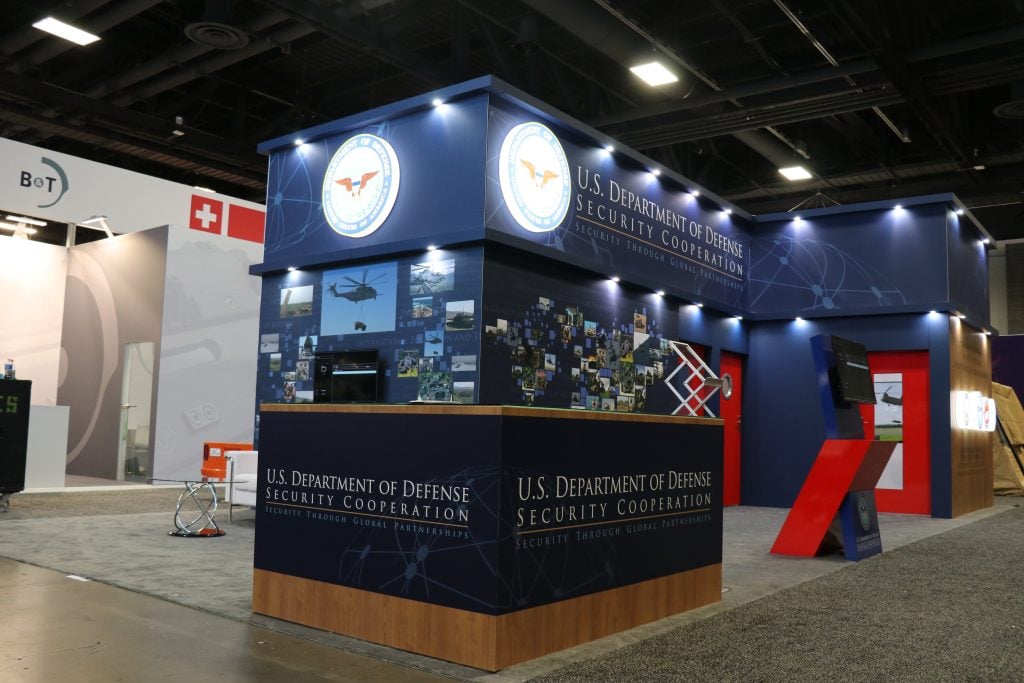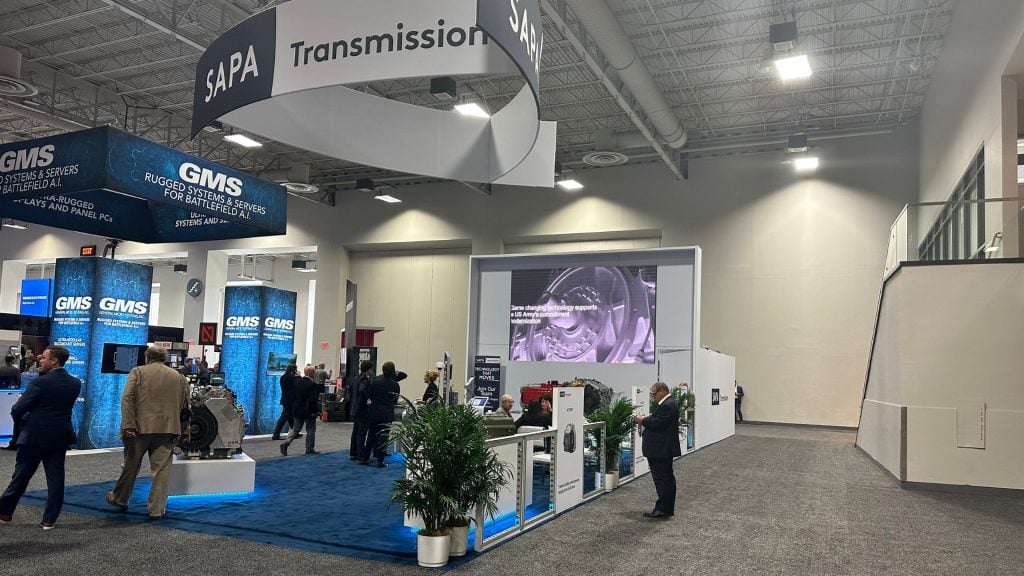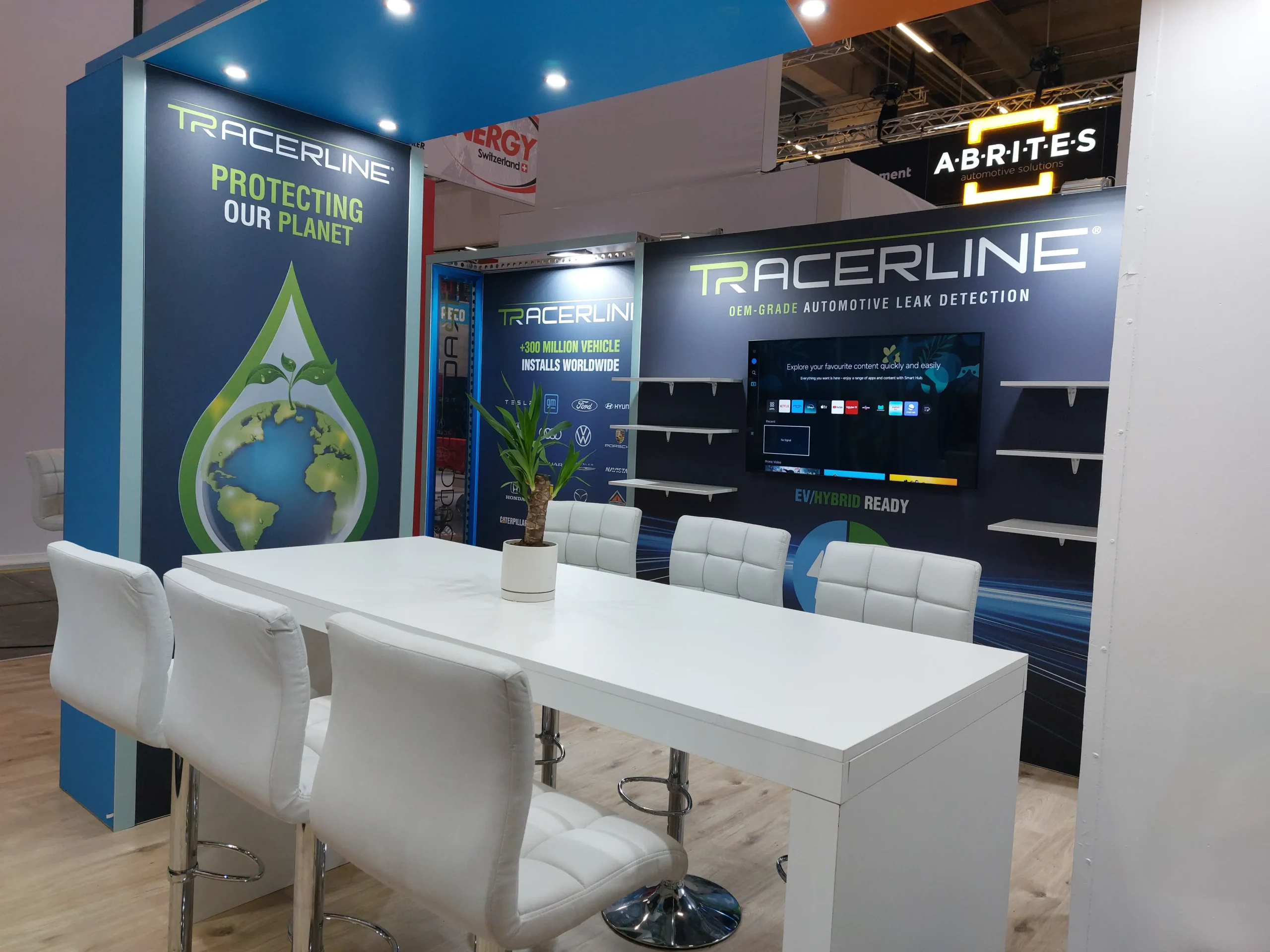
Introduction
Trade shows can feel like a whirlwind of moving parts—booth setup, product displays, marketing materials, staff coordination, and last-minute changes that come out of nowhere. If you’ve ever managed a trade show, you know how chaotic it can get, and it can seem overwhelming. But there’s a secret weapon that can transform this chaos into calm, and it’s all about expert project management.
Without a solid plan, a trade show can quickly descend into a logistical nightmare. However, with the right project management strategies, you can not only survive but thrive in the high-stakes world of exhibitions. Let’s break down how expert project management turns trade show chaos into seamless success.
1. Planning: Your Blueprint for Success
Every successful trade show begins with a detailed plan. It’s not enough to simply set goals and hope for the best—you need a roadmap to get there.
A. Timeline Mastery
Creating a comprehensive timeline is the foundation of any great project management strategy. Start by working backwards from the event date and identify key milestones like design deadlines, shipment dates, and marketing outreach. A clear timeline ensures that every task has a deadline, making it easier to track progress and avoid last-minute scrambles.
B. Clear Objectives
Expert project managers always define clear objectives before diving into execution. Are you launching a new product? Building brand awareness? Generating leads? Every decision, from booth design to promotional materials, should support these objectives.
C. Contingency Plans
Because Murphy’s Law is real—anything that can go wrong will. Expert project managers anticipate potential hiccups (shipping delays, booth design issues, staffing problems) and create contingency plans. When challenges arise—and they always do—you’ll be prepared.
2. Coordination: The Power of Teamwork
Managing a trade show isn’t a one-person job. It’s a team effort that requires seamless coordination between different departments—marketing, sales, logistics, design, and vendors. A skilled project manager acts as the glue that holds all these parts together.
A. Vendor Management
From booth builders to caterers, managing vendors is one of the trickiest aspects of trade show planning. A project manager keeps communication flowing, ensuring that deadlines are met and that everyone stays on the same page. Regular check-ins and updates keep everyone aligned.
B. Internal Team Sync
Effective project managers facilitate clear communication within your team. They assign tasks, set expectations, and track progress so nothing falls through the cracks. Whether it’s preparing the sales team with talking points or ensuring marketing has all the materials, coordination is key to avoiding trade show chaos.
3. Budgeting: Where Creativity Meets Reality
Budgeting might not be the most glamorous part of trade show planning, but it’s certainly one of the most important. After all, even the most creative ideas won’t come to life without the right funding.
A. Detailed Breakdown
Expert project managers create a detailed budget that accounts for every expense—booth design, travel, giveaways, and even the little things like shipping costs and promotional materials. By itemizing costs, they ensure there are no nasty surprises when the invoices come in.
B. Prioritizing Investments
Not every trade show element deserves equal investment. A good project manager helps allocate your budget where it matters most. Maybe it’s worth splurging on an eye-catching booth but scaling back on giveaways. Project managers help prioritize spending so you get the biggest bang for your buck.
4. Execution: The Moment of Truth
When trade show day arrives, it’s go-time. All the planning, coordination, and budgeting come together during execution—and this is where expert project management truly shines.
A. Crisis Management
Despite all the planning in the world, unexpected challenges will arise. Maybe the booth shipment gets delayed, or your team realizes they’ve forgotten key marketing materials. A skilled project manager is calm under pressure, quickly adapting to resolve issues on the spot. Their cool-headedness keeps the entire operation from going off the rails.
B. Real-Time Adjustments
Project managers also monitor the event in real time, making adjustments as necessary. Maybe foot traffic isn’t flowing as expected, or the booth layout needs to be reconfigured for better engagement. A good project manager makes those real-time tweaks to maximize success.
5. Post-Show: Wrapping It All Up
When the trade show ends and the booth is packed away, the project manager’s work isn’t done. In fact, the post-show period is a critical time for evaluating success and preparing for future events.
A. Debriefing & Analysis
A project manager facilitates post-show debriefs with the team, discussing what worked and what didn’t. They analyze the data—foot traffic, leads generated, attendee engagement—and measure it against the event’s objectives. This analysis is essential for improving future performance.
B. Follow-Up Strategy
The most successful trade shows don’t end when the event does. Expert project managers ensure that all leads are followed up promptly, keeping the momentum going long after the trade show is over. A strong follow-up strategy turns connections made at the event into long-term relationships.
Conclusion: From Mayhem to Mastery
Trade shows are complex, high-stakes environments. But with expert project management, you can navigate these complexities with confidence. From meticulous planning to real-time execution, project managers turn chaos into control, helping your brand shine in the spotlight.
Ready to master the trade show game? It’s time to invest in expert project management and watch your trade show success skyrocket.


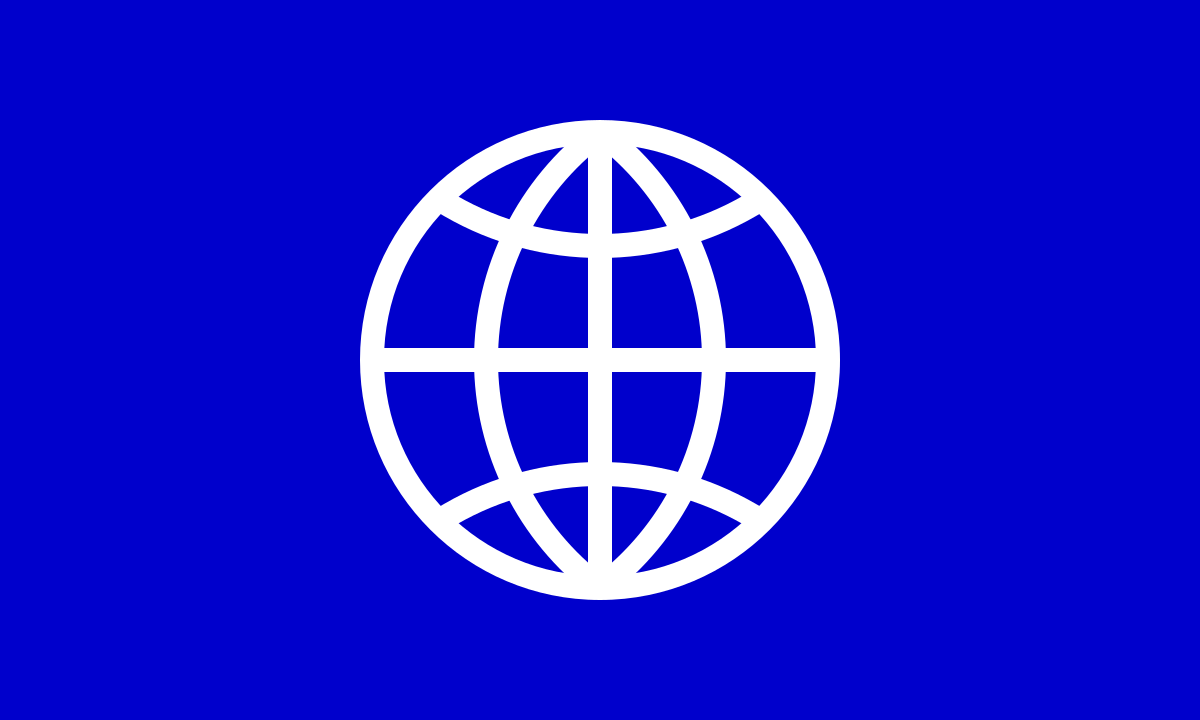 Global
Global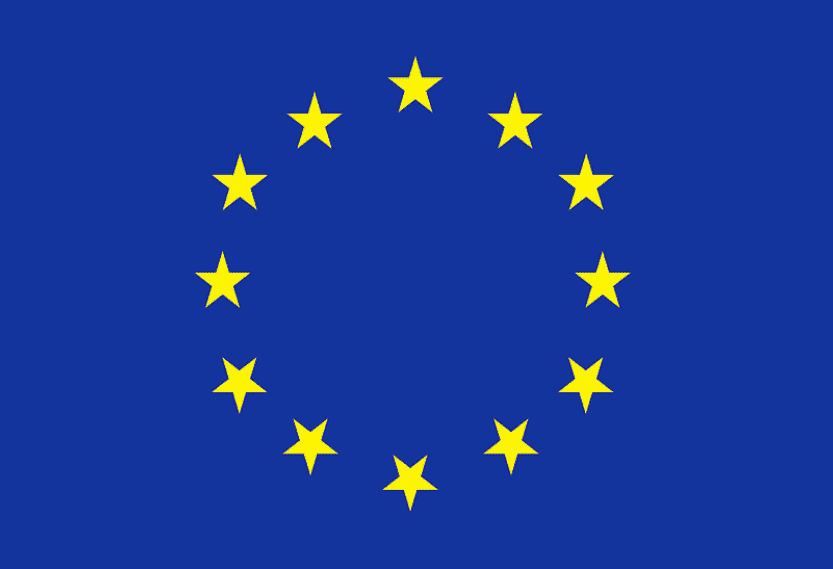 Europe
Europe